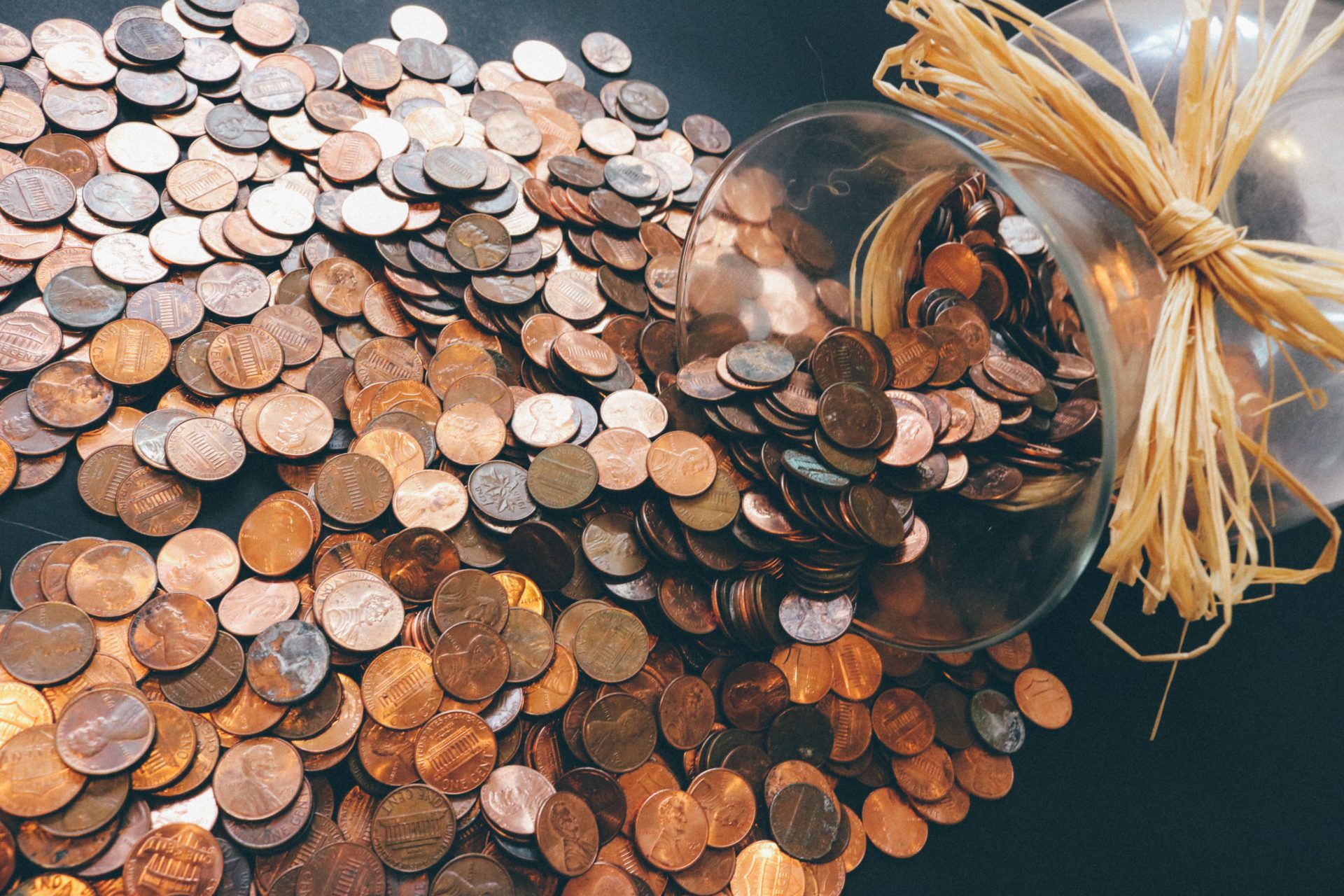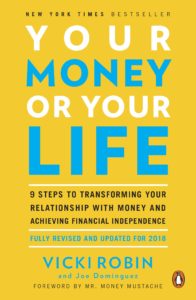
Next Book: Your Money or Your Life by Vicki Robin and Joe Dominguez
We’re excited to announce the next book to read and discuss will be Your Money or Your Life: 9 Steps to Transforming Your Relationship with Money and Achieving Financial Independence by Vicki Robin and Joe Dominguez. Bill will have his thoughts up soon, but in the meantime we will open up discussion on the forum.

From the author/publisher:
Brand new for 2018: A fully revised edition of one of the most influential books ever written on personal finance with more than a million copies sold
“The best book on money. Period.” –Grant Sabatier, founder of “Millennial Money,” on CNBC Make It
“This is a wonderful book. It can really change your life.” -Oprah
For more than twenty-five years, Your Money or Your Life has been considered the go-to book for taking back your life by changing your relationship with money. Hundreds of thousands of people have followed this nine-step program, learning to live more deliberately and meaningfully with Vicki Robin’s guidance. This fully revised and updated edition with a foreword by “the Frugal Guru” (New Yorker) Mr. Money Mustache is the ultimate makeover of this bestselling classic, ensuring that its time-tested wisdom applies to people of all ages and covers modern topics like investing in index funds, managing revenue streams like side hustles and freelancing, tracking your finances online, and having difficult conversations about money.
Whether you’re just beginning your financial life or heading towards retirement, this book will show you how to:
• Get out of debt and develop savings
• Save money through mindfulness and good habits, rather than strict budgeting
• Declutter your life and live well for less
• Invest your savings and begin creating wealth
• Save the planet while saving money
• …and so much more!
“The seminal guide to the new morality of personal money management.” -Los Angeles Times
Saved a few dollars and bought the older publication 3rd party through Amazon, hopefully lessons learned will translate seamlessly. Looking forward to reading entries and contributing to the forum
I read this book post my divorce in 2009. I was £30,000 in debt, and going through these principles turned that into a £20,000 emergency fund. In the past eight years, I have not followed these principles. I realised I found it easier to do this when I was single, not so much with a family. I have a lot of shame around money, and a poor belief system. I am trying to change that by re-reading the book and reaching out to mentors to help guide me. Lee
Some of the exercises in Step 3 and Step 4 are tough if you’re in the tails of the distributions. If you’re very high income or the majority of your income is passive, you’re expending almost no life energy and so it becomes really easy to justify almost any expenditure. Conversely, if you’re really poor, it’s hard to justify any expenditure because it costs so much of your life energy.
Read Chapter 1 old version.Feel like I am going to learn a lot about my own relationship with money.I admit I am wondering if the book applies to the student debt / low wages / high unemployment / high cost of housing generation of today. Does any one have check-books anymore? Eric 🙂
I don’t see why the principles don’t still apply, and there is a 2018 version(haven’t read it yet).